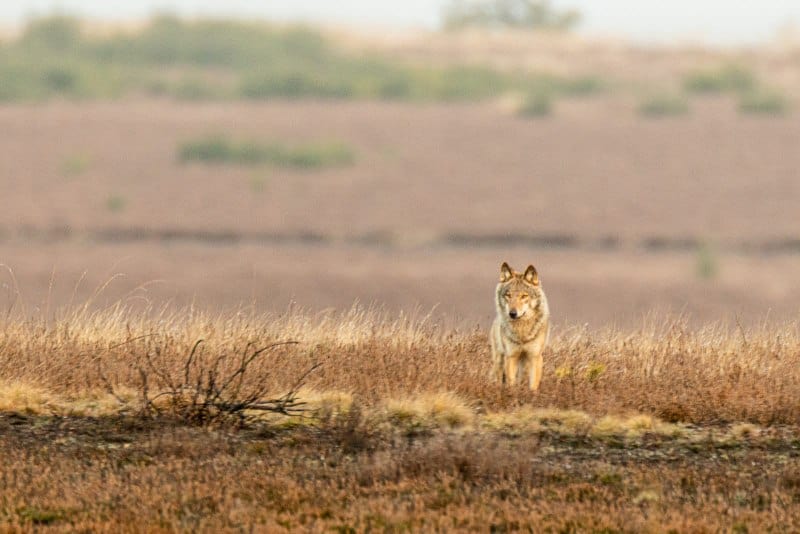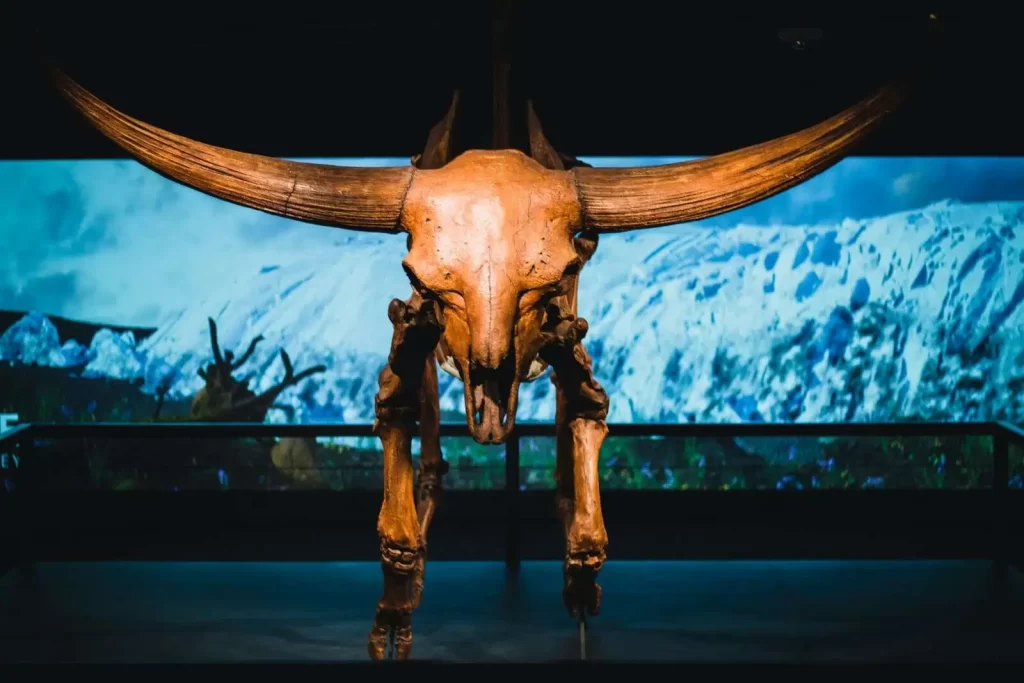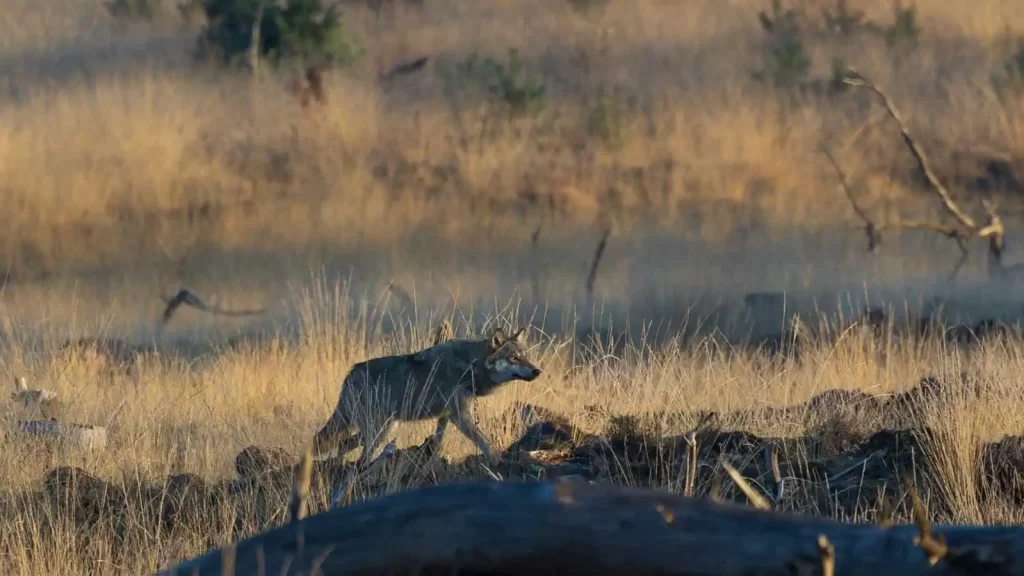Share:
Transient communities and its implications to rewilding and ecosystem restoration

Climate change can trigger cascading impacts and, in that way, affect species survival and distribution both directly and indirectly. A changing climate can for example disrupt food webs and change competitive interactions between species, which puts major stress on the survival of species. Animal and plant species respond to such disturbances by shifting their distributions (spatial escape) and/or adapting to new environmental and ecological conditions. When they fail to adapt, they will become extinct.
Transient communities
Species are responding differently to climate change and form so-called ‘transient communities’, with constantly changing species composition due to colonisation and extinction events. Such changes in community structure can be abrupt when environmental variables pass certain tipping points and ecosystems flip to alternative states. In contrast to non-transient communities, transient communities have a high extinction and colonization rate.
Researchers of the University of Wageningen and Van Hall Larenstein University of Applied Sciences tried to unravel the mechanisms of response to climate change for terrestrial species in these transient communities and explore the consequences for biodiversity conservation. Their research reviewed spatial escape and local adaptation of species dealing with climate change from evolutionary and ecological perspectives, with the goal to derive species vulnerability and conservation management options to mitigate effects of climate change.
Ecosystem restoration and conservation
From the perspective of the dynamic, shifting equilibriums in transient communities, this may affect the success of conservation approaches that focus on single species in specific locations. Conservation management should therefore move away from static single species conservation approaches and focus on community dynamics and species interdependency, while addressing species vulnerability considering their importance for the community.
Frequent spatial data collection is vital for monitoring the change in communities and distribution of species. Conservation management and rewilding options supporting the development, dynamic stability and evolution of ecological communities include active approaches such as increasing connectivity and landscape resilience through the development of corridors, assisted colonisation through reintroduction, and prioritisation of species protection in the context of transient communities.
Recommended conservation measures:
- Reduce greenhouse gas emissions
- Reduce other human pressures
- Increasing monitoring effort
- Assess species vulnerability
- Study species interactions
- Protect species globally not locally
- Facilitate species to rearrange in space
- Increase ecosystem resilience
Learn more:
Biodiversity conservation in climate change driven transient communities
Schippers, P., Abarca, E.L., Verboom, J. et al. Biodiversity conservation in climate change driven transient communities. Biodivers Conserv (2021). https://doi.org/10.1007/s10531-021-02241-4






